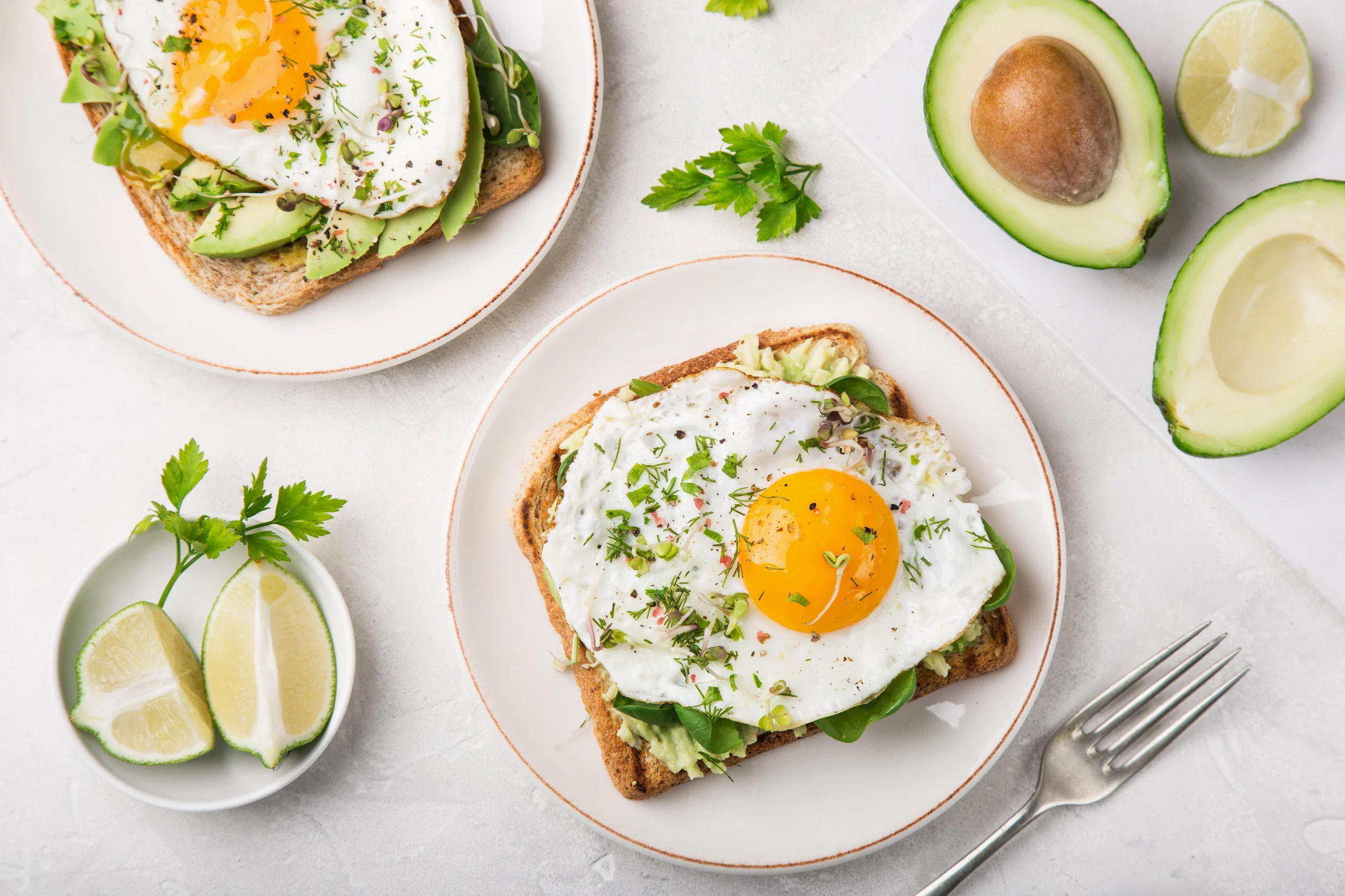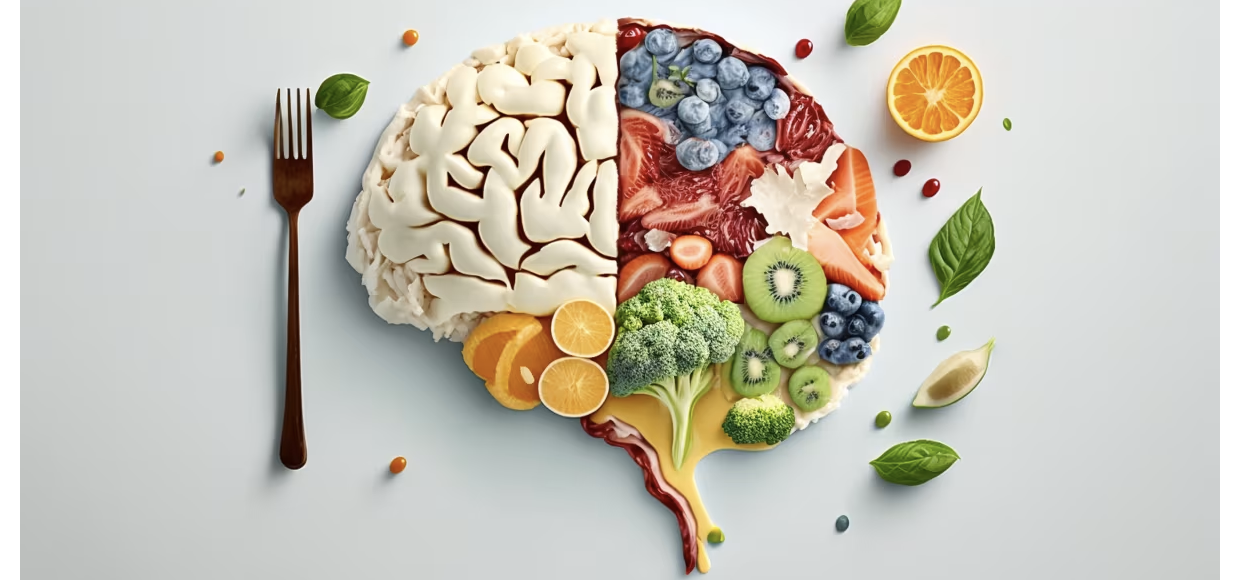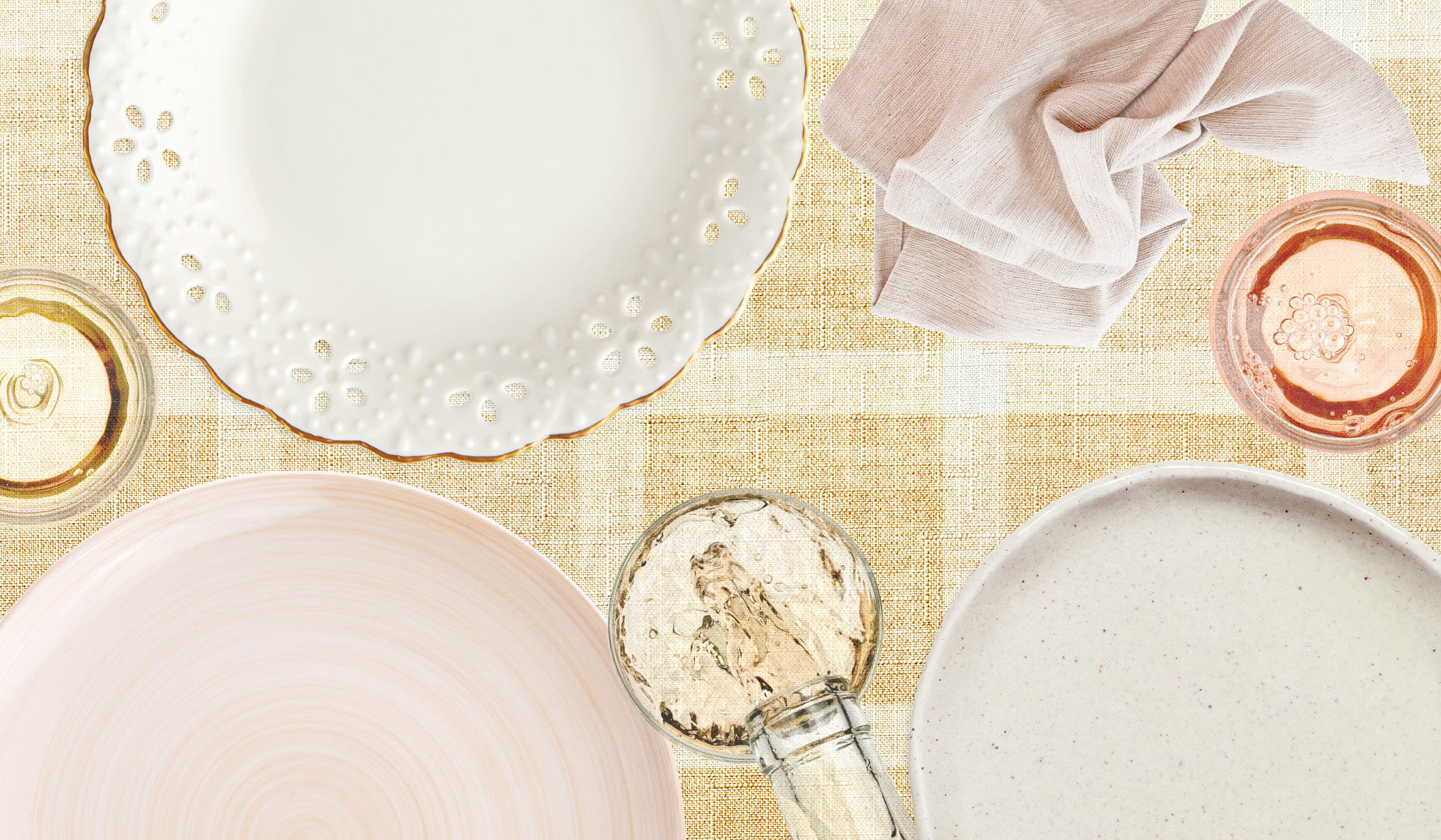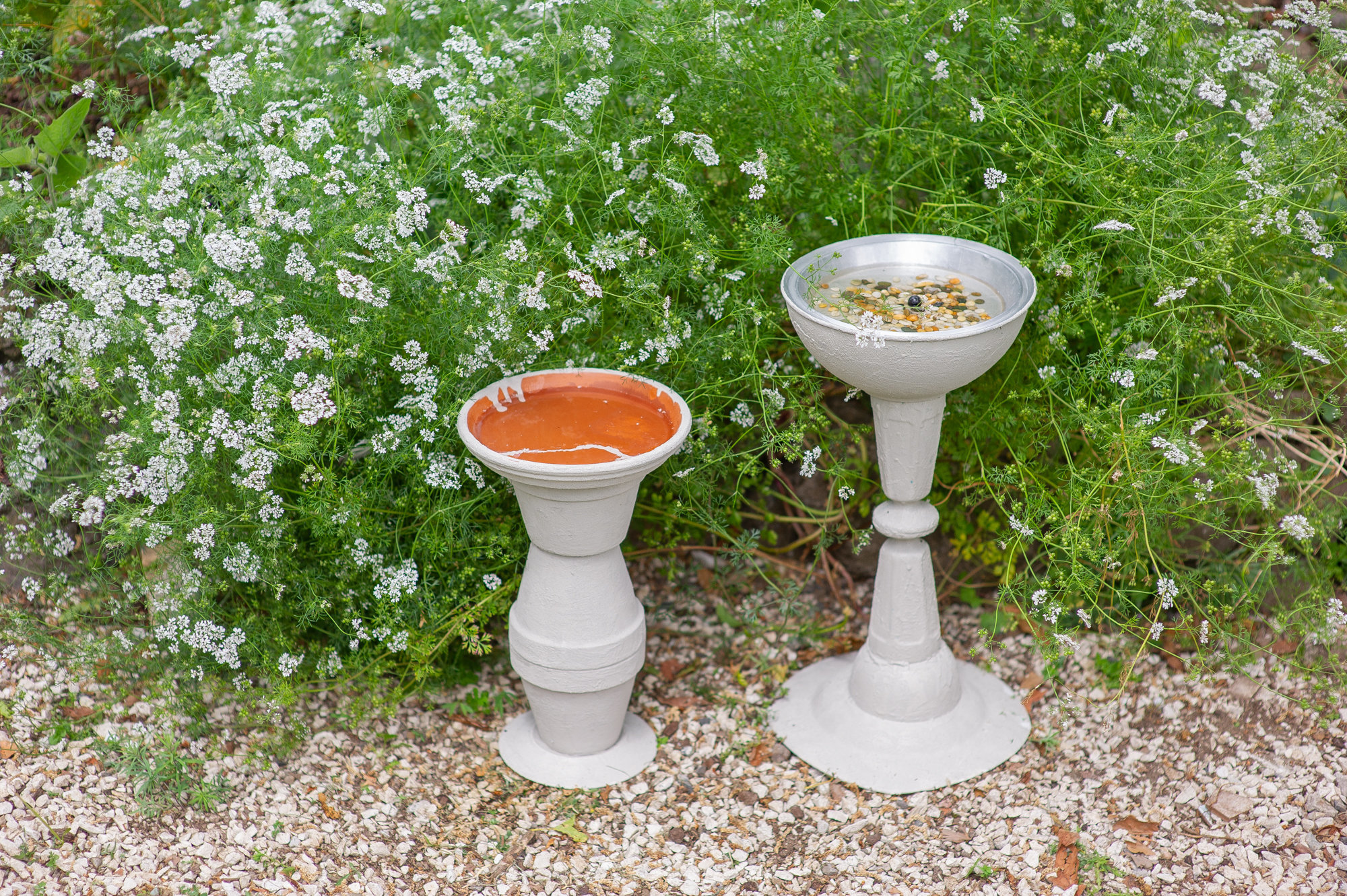We all face challenging and stressful times, whether it’s an unexpected bill, feeling burnout at work or dealing with a family conflict. Our bodies can handle stress in small doses, but when that stress becomes long-term or chronic, it can have serious effects.
The power of lifestyle
We can’t always change the stressors in our life, but we can do our best to lay the foundations of a healthy lifestyle. When we prioritise our diet, sleep, movement, mindfulness and connection our body becomes stronger and can adapt to stress and recover more quickly.
What is psychological resilience?
Psychological resilience is our ability to cope, adapt and respond positively to stress. The more resilient we are, the more we will feel able to “bounce back” following challenging times.
Eat to build resilience
When we look specifically at what we eat, a balanced and varied diet supports a strong immune system and provides the energy and nutrients to cope with stressful events when they arise.
Although the research is limited, one study has shown that following a Mediterranean style of diet was associated with significantly greater psychological resilience in adults. A Mediterranean diet is centred around plant foods, which provide the body with healthy poly- and mono-unsaturated fats, fibre, polyphenols and antioxidants.
This makes sense because a diet abundant in plants has been shown to feed the microbes in our gut and positively influence our brain health, mood and reduce markers of inflammation. Gut bacteria manufacture an estimated 90 per cent of the body’s supply of serotonin, which in turn regulates mood and influences sleep and digestion too.
Crowd your plate
So, what does a plant-rich diet look like?
We can get hung up on the perfect diet but in reality – if plants dominate our plates the other parts become less important. It’s the overall quality of our plates that matters most.
Picture your plate overflowing with whole foods with as little processing as possible. Everything from leafy greens, herbs, vegetables, fruit, healthy fats such as nuts and seeds, whole grains, legumes such as chickpeas, olive oil and fish and seafood too.
Eating a greater variety of plant foods each week means a more diverse gut microbiome, which benefits our immunity and increases our resilience to infection too.
With food prices sky high, plant foods don’t need to be expensive. Think of home-grown, frozen, canned and seasonal plants as a priority.

Stress and our appetite
When life is overwhelming or stressful, even our best intentions to eat well and cook from scratch can go out the window.
In the short-term, acute stress makes us release more of the hormone adrenaline, which suppresses the appetite. However, if stress persists (chronic stress) it may increase the stress hormone known as cortisol, which increases your appetite. This is where we can often crave comforting foods such as chocolate, biscuits and pizza, or reach for that glass of wine.
Ongoing stress can also disrupt sleep by causing lighter sleep, making you feel exhausted the next day. The knock-on effect is feeling excessively hungrier than normal and having more intense food cravings – it’s not just in your mind! Sleep deprivation causes hormone changes such as increased ghrelin (hunger hormone) and decreased leptin (fullness hormone).
The irony is that when we’re tired, we’re more likely to pour a double shot of coffee to try and make it through the day or make food choices that don’t really fill the gap or nourish us in the best way.
Focus on the bigger picture
Eating more or less food than usual during a difficult time is normal and OK. A day, week or month of eating isn’t going to change the course of your life. What’s most important is not being hard on yourself and acknowledging the context for any changes.
If you have unrealistic expectations of yourself, you’ll feel worse. Instead, base your meals around plenty of nourishing and resilience-building foods when you feel ready and able to.







